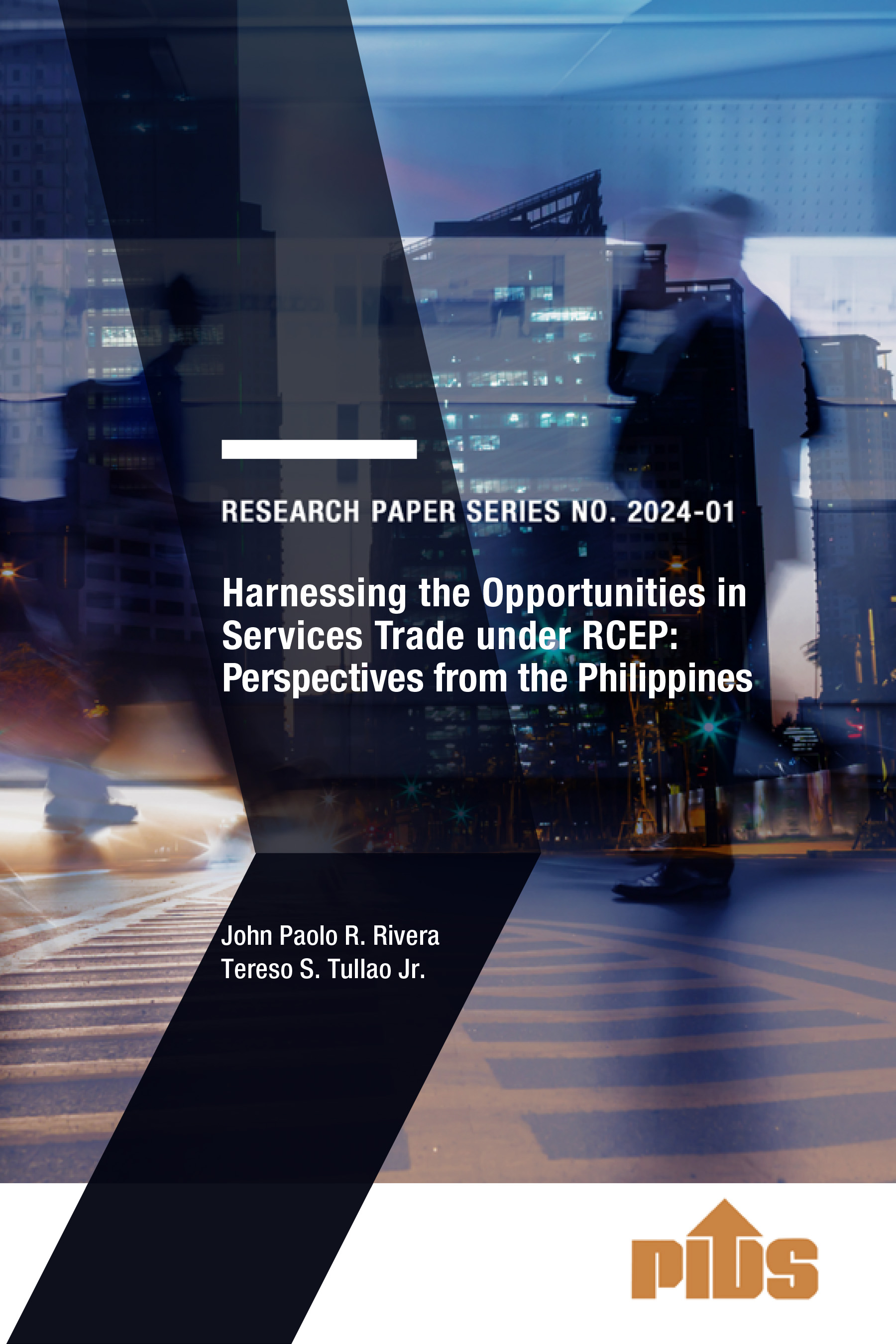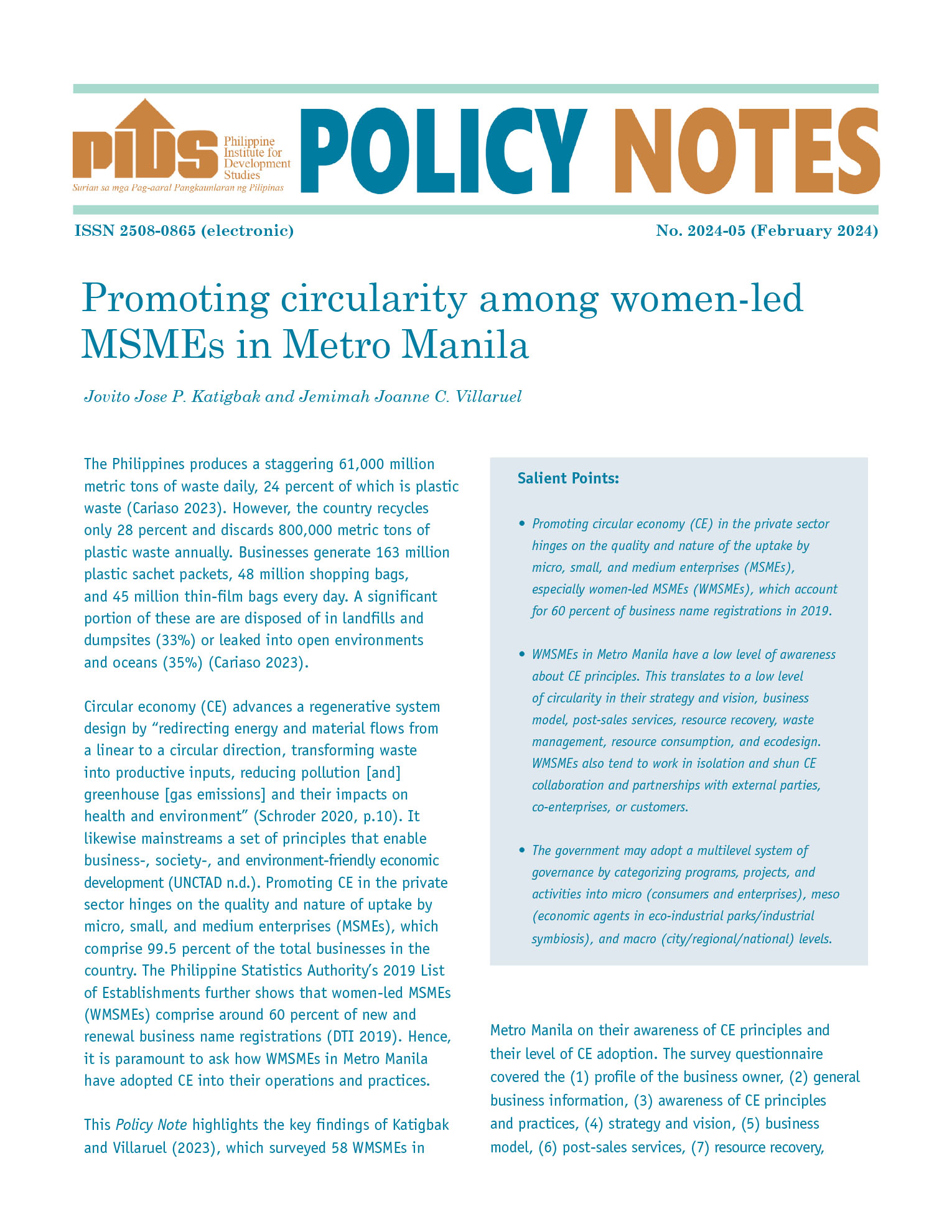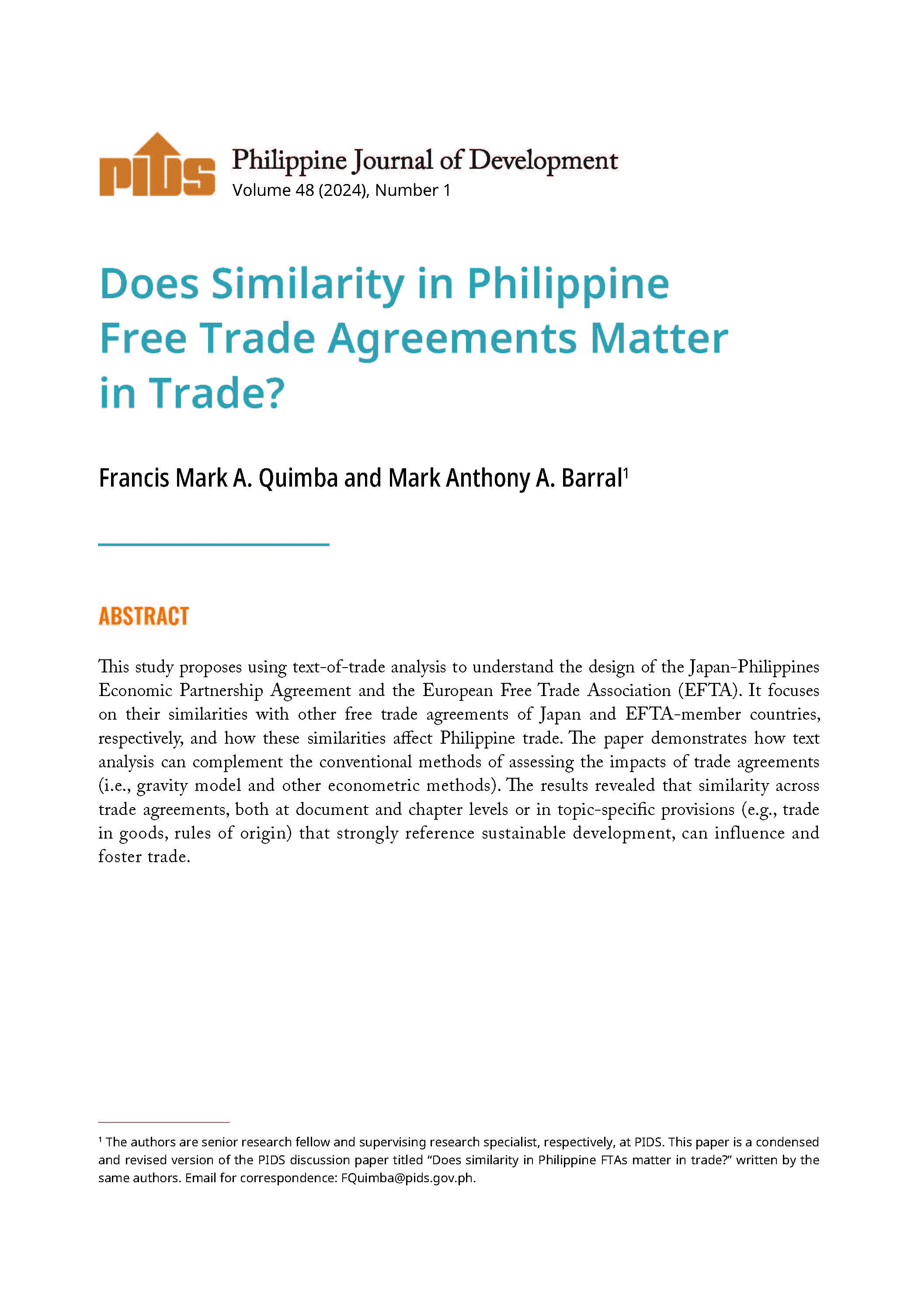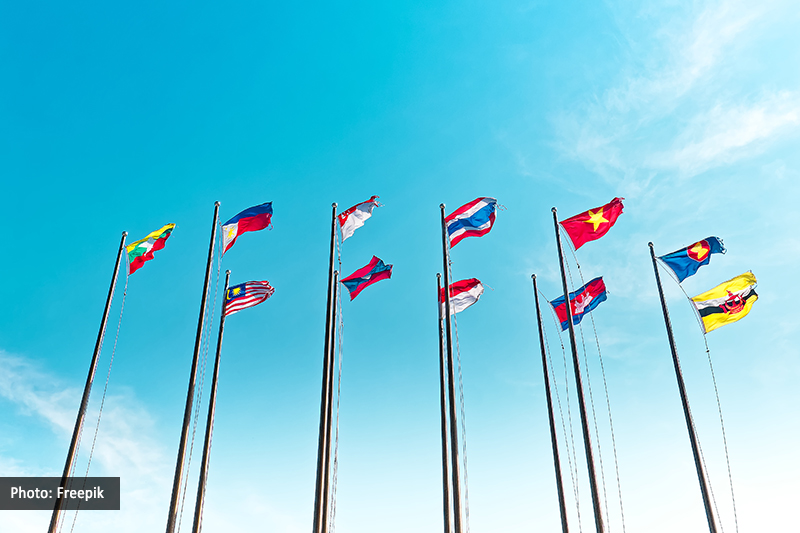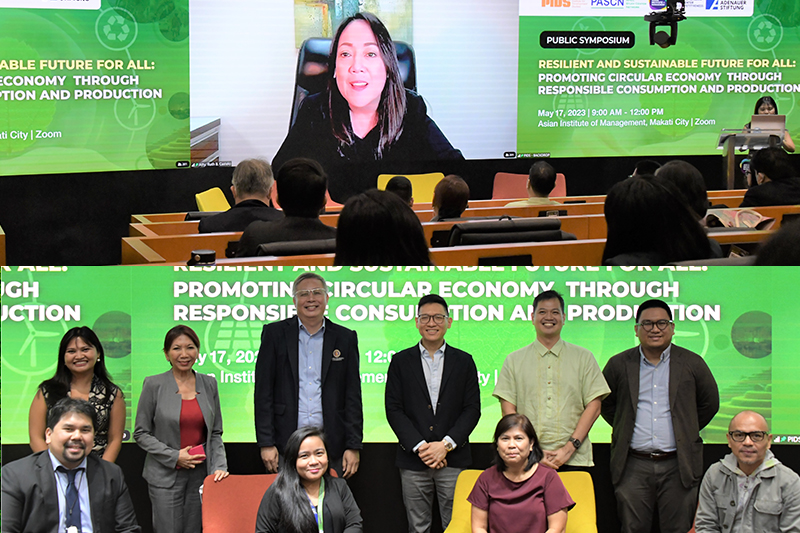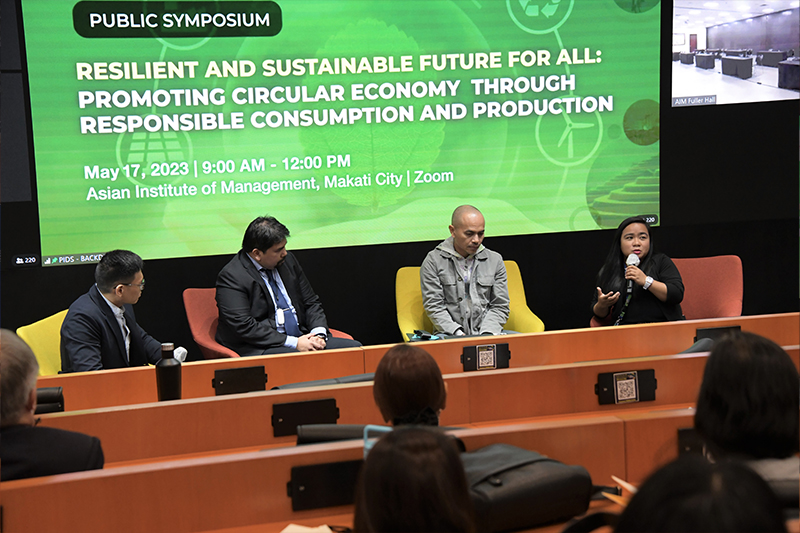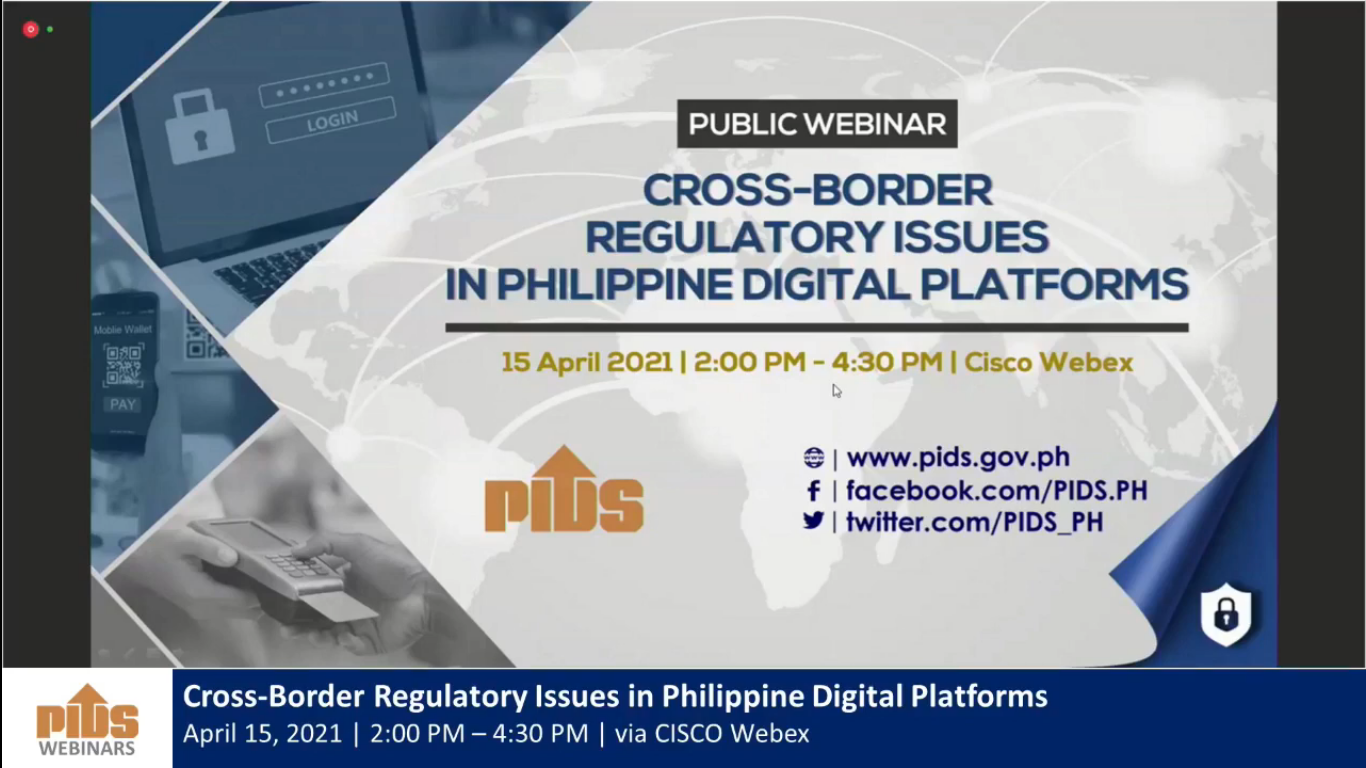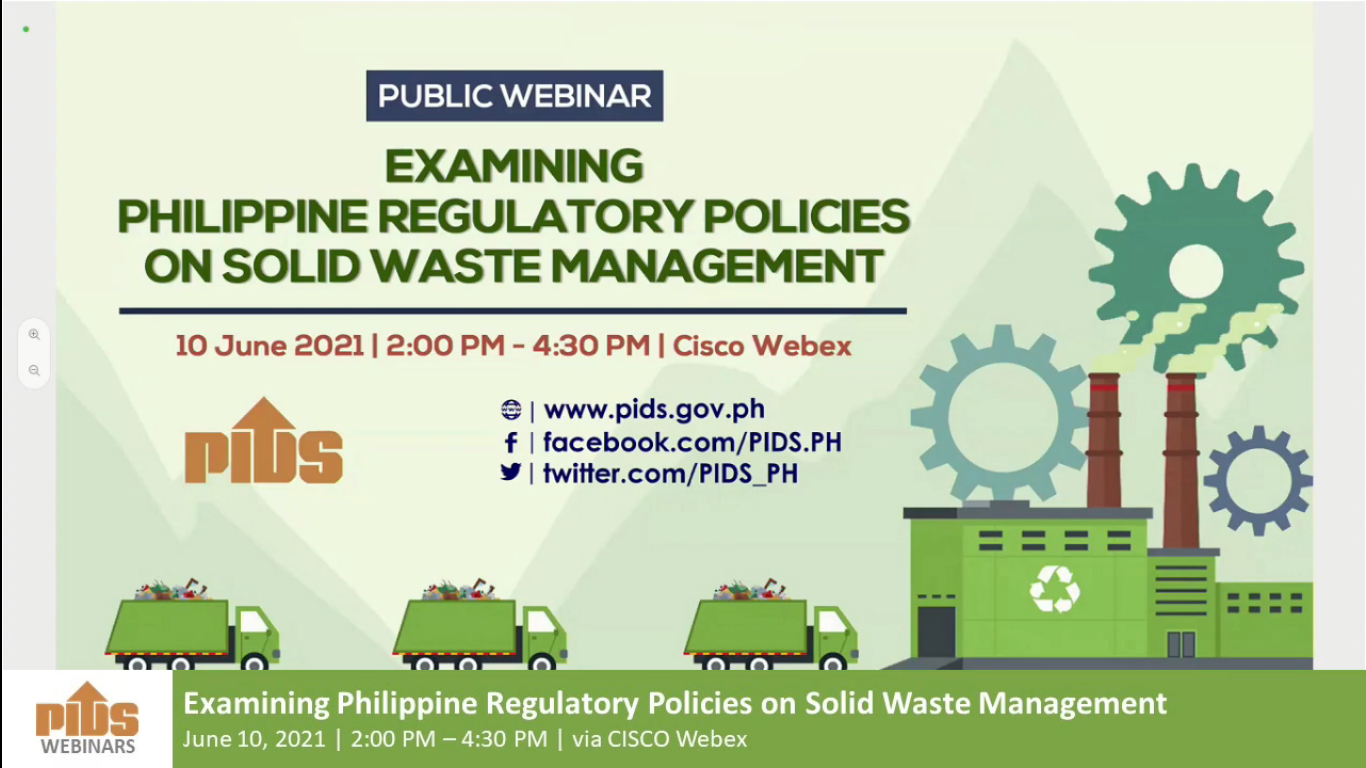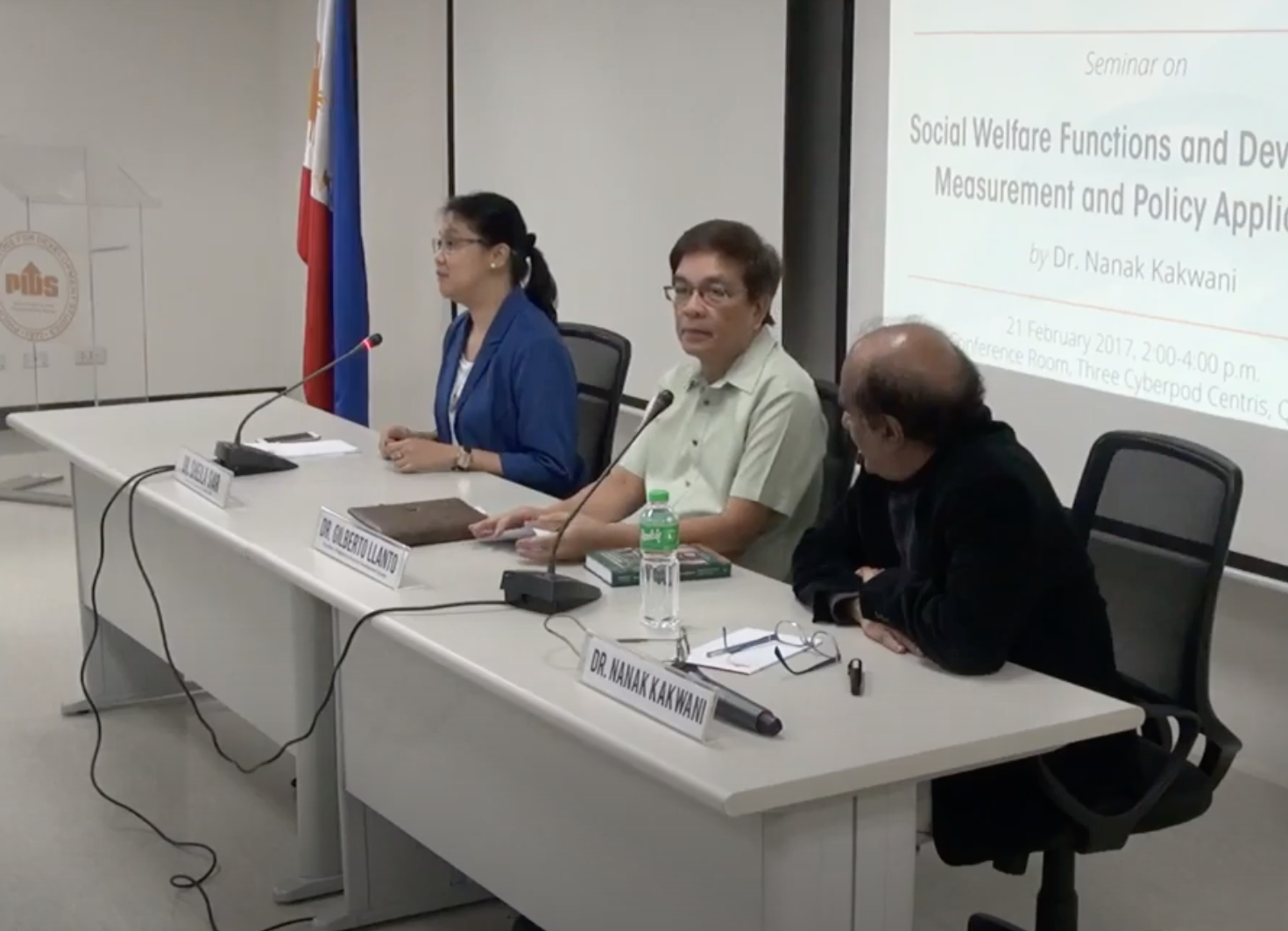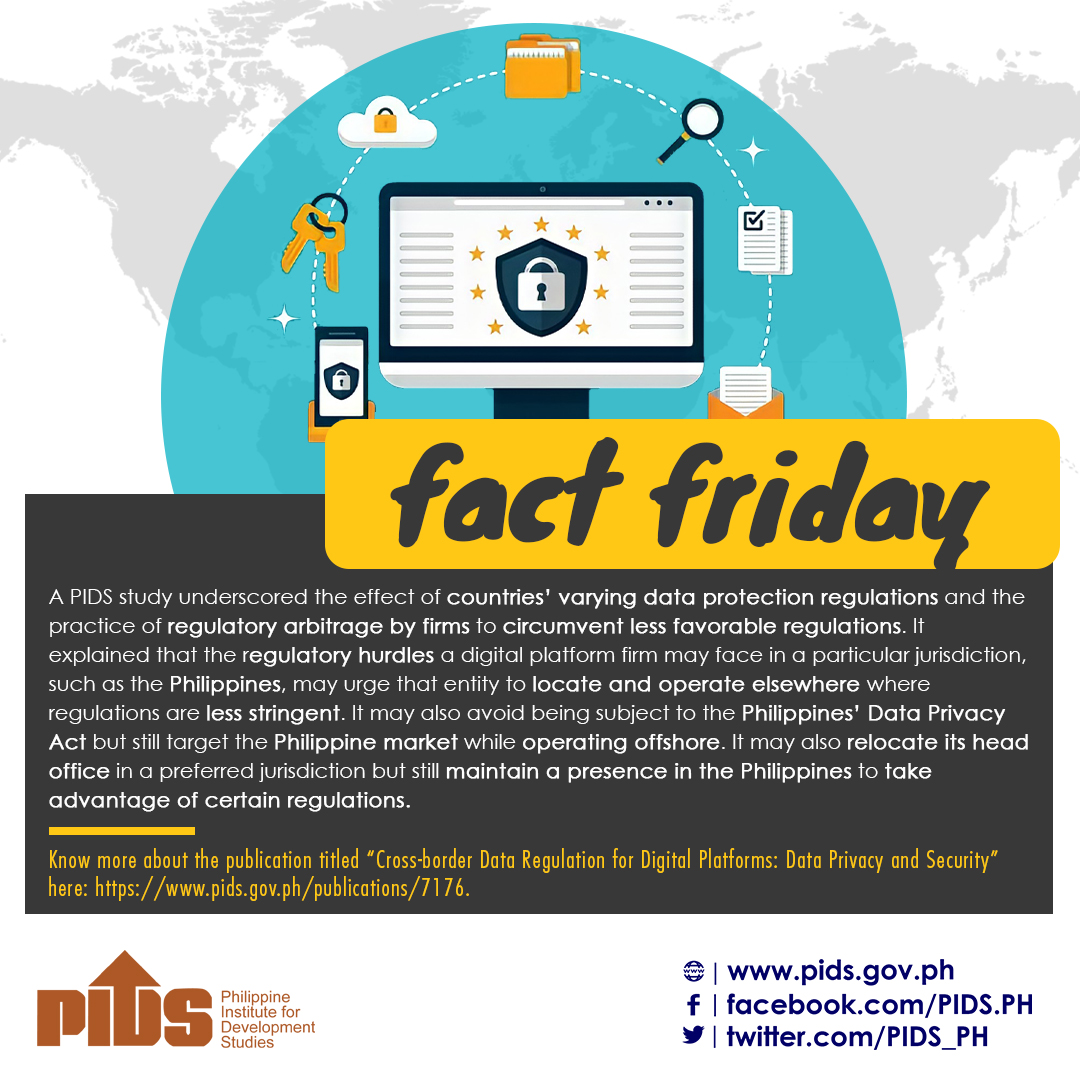Another bill seeking to split the regulatory and commercial functions of the Philippine Ports Authority (PPA) has been filed.
House Bill (HB) No. 8055, filed in early May by Quirino lone district representative Midy Cua, aims to separate PPA’s functions by converting the agency to the Philippine Ports Corporation (Philports) and transferring its regulatory function to the Maritime Industry Authority (MARINA).
Cua’s bill is similar to HB 1400 filed last year by Bagong Henerasyon party list representative Bernadette Herrera-Dy. HB 1400 has gone through a joint virtual hearing by the Committees on Transportation, and Government Enterprises and Privatization in November 2022.
In the last (18th) Congress, Herrera-Dy also filed a similar bill, which got stuck at the committee level.
In HB 8055’s explanatory note, Cua said port users over the years “have complained low service levels, inefficient port operations and ever-increasing port charges.
“They claim that the high cost of transport serves as an effective barrier to increased trade (both local and foreign) and undermine the country’s overall competitiveness.”
Similar to HB 1400, PPA under HB 8055 will be converted into a corporation solely for commercial and development purposes; its regulatory functions will be transferred to MARINA.
The bill noted that “under no circumstance should a regulatory agency benefit from its own regulation and/or use its regulatory powers to protect itself from competition at the expense of public interest.”
Many industry stakeholders and business groups have for years sought the separation of PPA’s functions, citing conflict of interest and saying exercising both functions “unnecessarily increases logistics costs.”
Also calling for such separation are the National Logistics Master Plan of the Department of Trade and Industry; private-sector led Philippine Multimodal Transport and Logistics Roadmap; and state-owned think tank Philippine Institute for Development Studies’ discussion paper titled “Regulatory Measures Affecting Services Trade and Investment: Distribution, Multimodal Transport, and Logistics Services” and policy noted titled “Regulatory Challenges of the Philippine Logistics Industry.”
In particular, stakeholders want to revoke Letter of Instructions (LOI) 1005-A, signed in April 1980, by deleting Instruction Nos. 3 and 4, thus removing PPA’s share in cargo-handling revenues.
The Export Development Council earlier said Instruction Nos. 3 and 4 constitute a “conflict of interest” as the regulator “now benefits from its own regulation, and hence provides the regulator, herein Philippine Ports Authority (PPA), the incentive to increase the rate to improve its financial health.”
PPA general manager Jay Daniel Santiago, during the November 2022 joint hearing, said the ports authority has already embarked on a process splitting its regulatory and operational functions by privatizing the operations of ports through the implementation of its Port Terminal Management Regulatory Framework (PTMRF).
Embodied in PPA Administrative Order (AO) No. 03-2016, PTMRF outlines PPA’s guidelines for awarding terminal management contracts. The framework has among its objectives to promote private sector participation in port operations in order to provide higher quality service.
Under this framework, Santiago said PPA bids out private concessions to ports so they may be operated by private firms with PPA “merely be owning the land, owning the facilities” and regulating operations.
He said that contrary to the previous regime where PPA derives a percentage from the revenue of the private operators—which he noted “solicited criticism” that the ports authority took advantage of tariff increases—PPA under PTMRF “no longer participates in any tariff increase” and “merely gets a flat fee on an annual basis for the duration of the concession term.”
Under AO 03-2023, which amended AO 03-2016, the contractor should remit to PPA a periodic concession and/or management fee and variable fee in consideration of the rights and privileges granted to the contractor. The amount of concession and/or management fee shall be increased periodically, subject to a pre-established formula to be determined by PPA. Any yearly increase in the concession and/or management fee should not be less than 5% increase per year.
Under HB 8055, Philports will be a government-owned and controlled corporation attached to the Department of Transportation. Philports will be a service provider, and not a revenue-generating entity.
The proposed corporation will only collect port fees and dues approved by MARINA and will not have a share from cargo-handling revenues and/or any service providers contracted, and from private commercial ports.
Philports will have a 15-member Board of Directors consisting of eight government agencies and seven private sector representatives from business, logistics, port users, exporters, tourism, shipping, and cargo-handling.
The proposed measure will repeal Presidential Decrees 505 (PPA Decree of 1978) and 857 (PPA Revised Charter), as well as LOI 1005-A and all other inconsistent laws and policies.
Like HB 1400, HB 8055 has been referred to the Lower House Committee on Government Enterprises and Privatization and secondarily to the Committee on Transportation.

